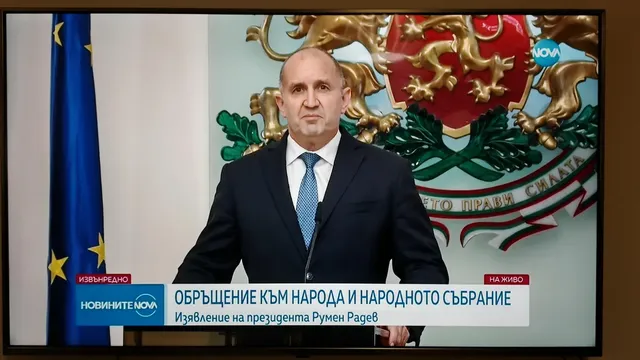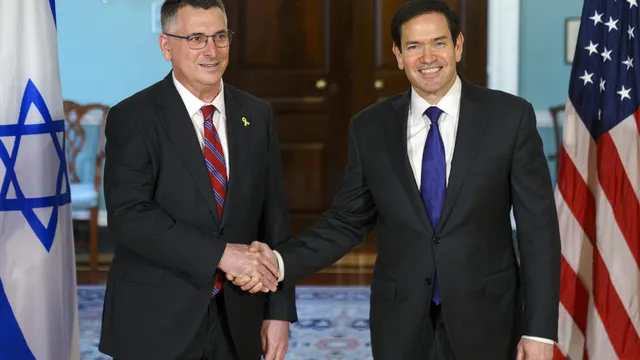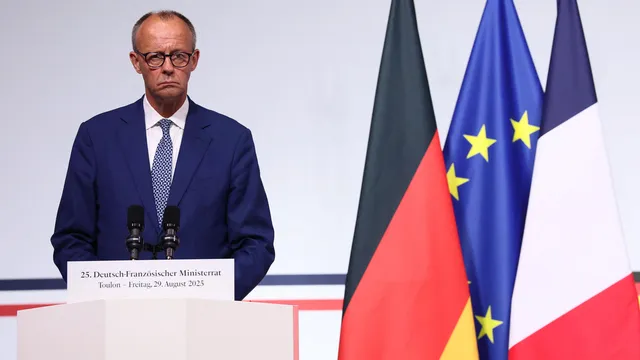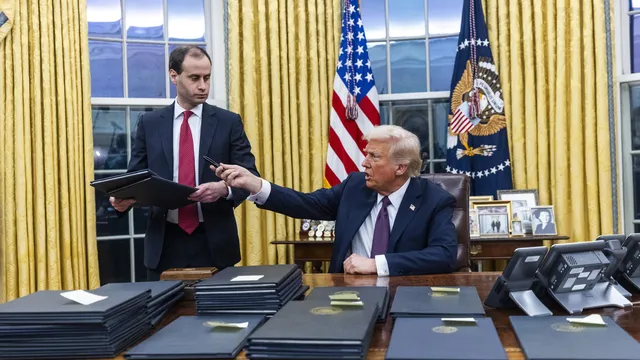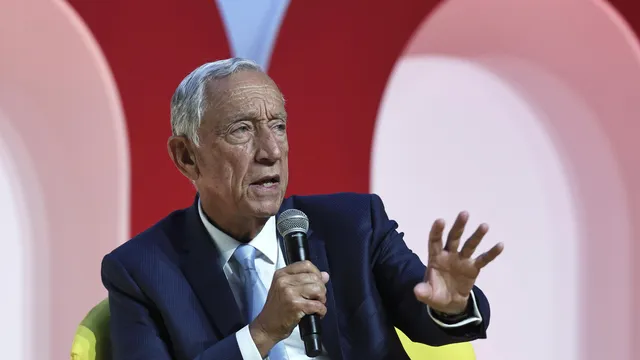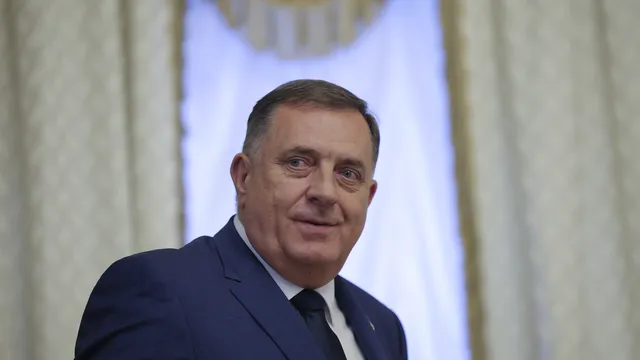Today we mark European Unity Day, which is firmly grounded in democracy and the free will of citizens. As a full member of the EU, Bulgaria faces a strategic decision: the introduction of the single European currency.
In less than a month, the special report on Bulgaria's readiness for the eurozone will be published. There is no consensus in Bulgarian society on its introduction or on the date of adoption.
This was stated by Bulgarian President Rumen Radev in an emergency address this evening, as reported by BGNES.
"The assessments at all levels of the political pyramid—in the political class, among experts, and among citizens—are contradictory. Inflation, the crisis of confidence in the political class, the lack of clear organization and convincing action by the government to guarantee the purchasing power of citizens and the competitiveness of the Bulgarian economy are creating tension in the processes surrounding the introduction of the euro.
What is most lacking, however, is respect for the basic principles of democracy when making such an important decision. Institutions with critically low legitimacy are making strategic decisions about our future without listening to the opinion of citizens.
As president, I am convinced that the introduction of the single European currency can and must be achieved through a convincing national consensus, with the internal conviction of the people, and not through contemptuous disregard for their will.
Every Bulgarian citizen has the right to have a say on their money, their well-being, and their future. That is why I am submitting a proposal to the National Assembly for a national referendum on the question: "Do you agree that Bulgaria should adopt the single European currency, the euro, in 2026?"
The referendum will be a test of the democratic nature of the National Assembly and will show who follows the principles of democracy and who denies Bulgarians the right to determine their future.
The referendum will be a tonic for Bulgarian democracy—it will give the people a voice and allow all arguments for and against to be heard. It will also give the political class an opportunity to restore its dialogue with voters and fight for their trust, which it has lost in recent years.
The national vote will bring thousands of Bulgarians back to the polls, and Bulgarian democracy is in critical need of this surge of legitimacy.
Regardless of the outcome, the referendum will contribute to the development of a national consensus on the euro and will prevent all the negative consequences of decisions taken without the support of the majority.
The referendum will not be a precedent—other countries have held similar referendums on the introduction of the euro.
And I will conclude with this: any attempt by political forces to present the referendum I am proposing as a vote "for" or "against" Bulgaria's European future will be a gross manipulation. Bulgaria is a full member of the EU and has the right to decide when to introduce the European currency. And that right belongs to the Bulgarian people," Radev concluded. | BGNES

 Breaking news
Breaking news
 Europe
Europe
 Bulgaria
Bulgaria
